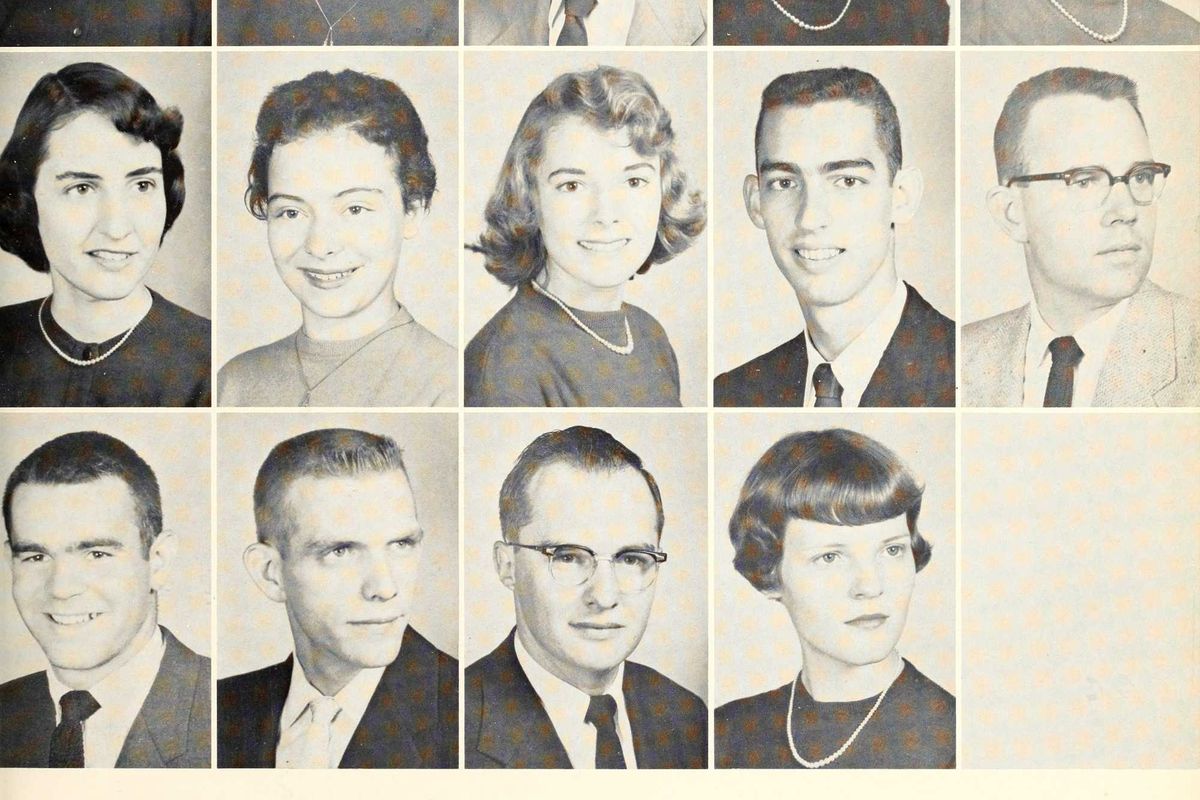A marketing campaign to get people in Africa to eat sweet potatoes? It's working.
Random thoughts I have while looking at sweet potatoes:
"You'd look great as a plate of fries."
"Honestly, who was the first to decide to put marshmallows all over you?"
"Wait. Are these yams?"
A thought I have never had: This type of potato saves lives.
As it turns out, they might actually do just that.
Image via iStock.
Welsy Anena's mother is convinced that orange sweet potatoes saved her daughter's life.
Not in a "thanks for the side dish, I was so hungry!" kind of way. In an actual life-saving way.
Her daughter, Welsy, had been so sick as a baby, and in and out of a Ugandan hospital — sometimes in such serious condition, her mom didn't know if she'd even make it. But when her baby started being fed orange-fleshed sweet potatoes, her health turned around and now she's a vibrant, healthier kid. Whoa.
Her mom's story isn't the only one that depicts sweet potatoes as an edible hero.
You see, Welsy suffered from Vitamin A deficiency — the leading cause of preventable blindness in developing countries. In Uganda, 1 out of every 3 kids under 5 suffers from Vitamin A deficiency, resulting in almost 30,000 child deaths every year. And that's just in one country.
Orange sweet potatoes can help.
Image via International Potato Center, used with permission.
While orange sweet potatoes are common in the United States, they are very new in Africa.
For hundreds of years, Africans have had their own version of a sweet potato: white and yellow in color, very starchy and firm, and frankly, a terrible source of vitamin A.
That's a heavy contrast from the type of sweet potatoes we find in our grocery stores in the U.S., where they are carrot-colored and known for their vitamins and nutrients, especially their vitamin A.
Researchers had an idea: If orange sweet potatoes combat vitamin A deficiency, what would happen if they could get communities to eat them instead?
Maybe it could help prevent blindness and death in kids. They're finding out.
For the past 15 years, the International Potato Center (CIP) has been leading the way on introducing the orange-fleshed sweet potato in Africa.
Image via the International Potato Center, used with permission.
It's been an adventure and easier said than done. Africans initially scoffed at the idea of orange sweet potatoes. No way. The potatoes had a weird texture and weren't what they were used to eating. They were also grown differently from their traditional type of sweet potatoes. All signs pointed to no. Can you blame them?
The research team from CIP took note and developed a starchier version of the orange sweet potato that still contained more vitamin A than other potatoes, but tasted more in line with what Africans were accustomed to.
Once they had the potato how they wanted it, they had to get people to want to eat it.
They created widespread marketing campaigns that, according to Smithsonian magazine, included radio advertisements and visits to villages in vehicles with sweet potatoes painted on the side.
They traveled around the region teaching about the sweet potato's nutrition.
Image via the International Potato Center, used with permission.
And showed the power of eating them through pictures and words.
Image via the International Potato Center, used with permission.
They made sure to have a big presence at exhibitions and community-wide events.
Image via the International Potato Center, used with permission.
Children's songs were written and performed about the potatoes.
Image via the International Potato Center, used with permission.
The campaign worked. And it's still working today.
Today, the orange-fleshed sweet potato has reached 2.2 million households, which amounts to roughly 10 million people in Africa.
Scientists are super optimistic at the ability to reduce vitamin A deficiency through this new exposure to the potato. They project that by 2023, 30 million children could be saved from blindness and death because of it.
"We have evidence that eating 125g of orange-flesh sweet potato provides a child the amount of vitamin A required to prevent blindness from vitamin A deficiency," wrote Joel Ranck, head of communications for the CIP, in an email. "125g is about the size of one small sweetpotato."
It's no wonder the research team, comprised of Dr. Jan Low, Maria Andrade, and Robert Mwanga from the CIP, and Howarth Bouis of Harvest Plus, just won the 2016 World Food Prize for their work on this initiative. Bravo!
Image via the International Potato Center, used with permission.
Together they have built new excitement and hope surrounding child nutrition and preventable blindness in the 14 countries where the orange-flesh sweet potato is now available, with more countries to come.
Agnes Amony, a Ugandan farmer told Harvest Plus, "I began feeding my child on these nutritious foods following the knowledge I attained in the recommended feeding practices for children under five. My child began gaining weight steadily and I am in no doubt that these foods have saved my child’s life. I am forever grateful and will never stop feeding my child on these food crops."
Every step counts. Or, in this case, every bite.
See more on how the orange-flesh sweet potato could, in fact, change the world:





 In a 4-day model, kids often (but not always) receive less instructional time. Photo by
In a 4-day model, kids often (but not always) receive less instructional time. Photo by 
 Smiling at work, checking messages during a break.
Smiling at work, checking messages during a break. Man focused on his phone screen, deep in thought.
Man focused on his phone screen, deep in thought. Focused multitasking at the office.
Focused multitasking at the office.